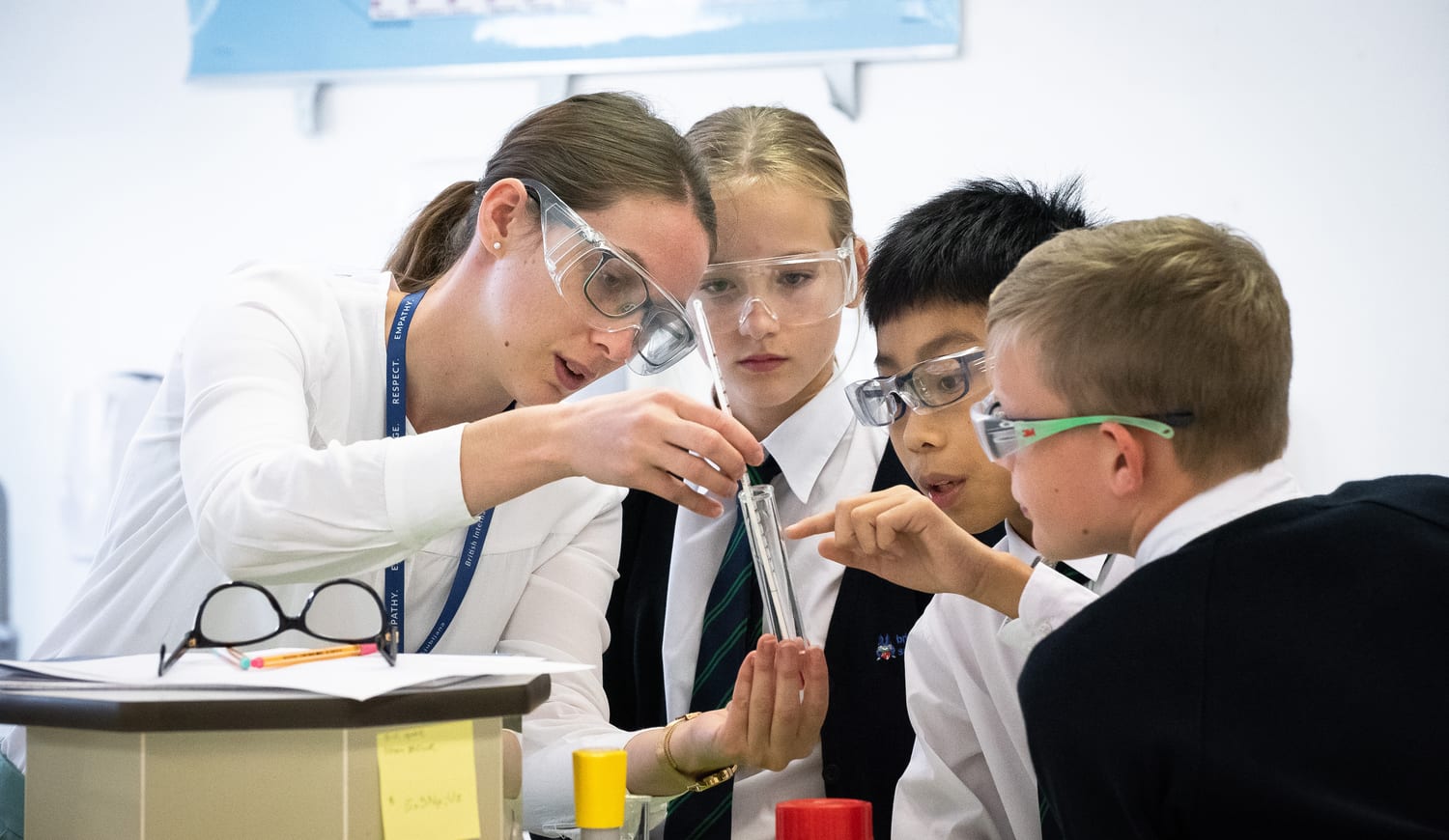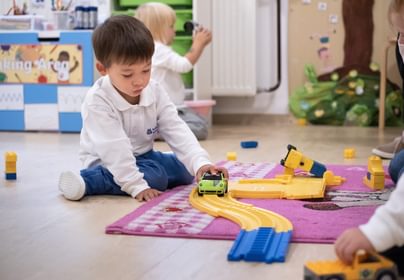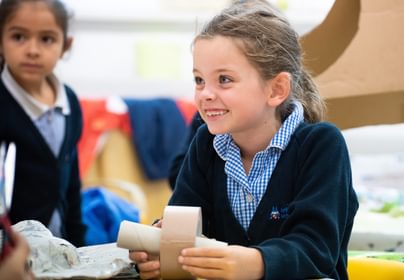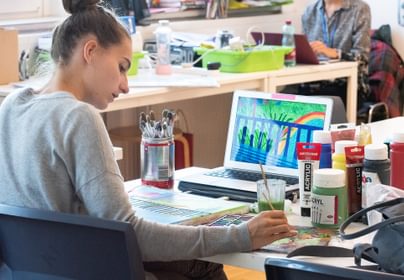Our approach is rooted in the best of the British and International education systems, providing a modern, relevant and appealing education in English for both expatriate and local students in Slovenia
Our students follow the English National Curriculum as a framework, with subjects and content enhanced and differentiated to meet our international needs.
As such, our Secondary curriculum is a broad and academically rigorous learning programme that culminates in external IGCSE examinations from some of the UK’s leading awarding bodies.

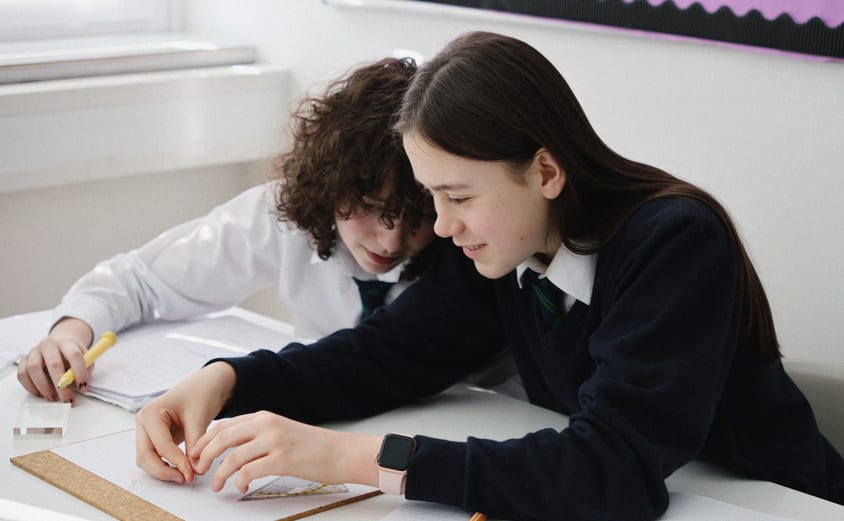
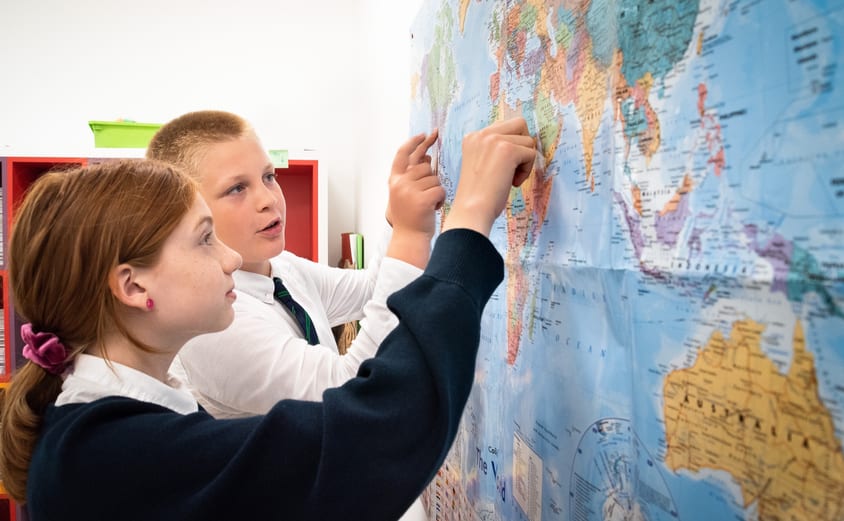
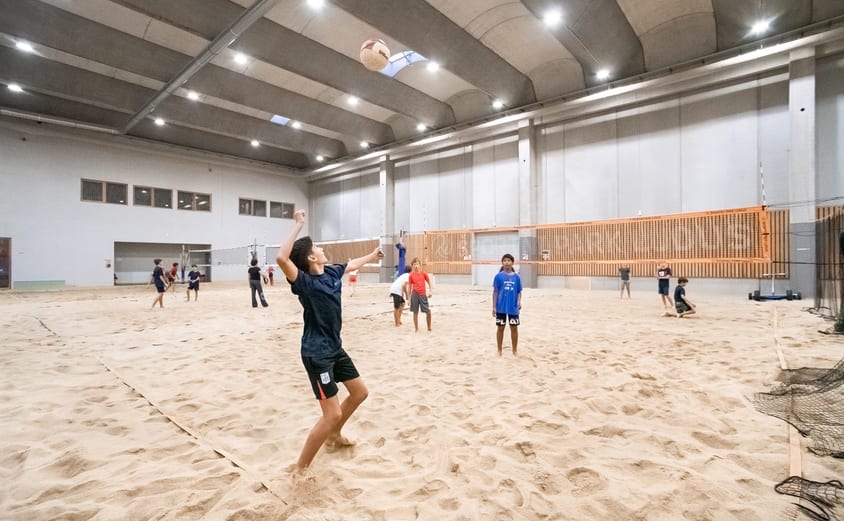
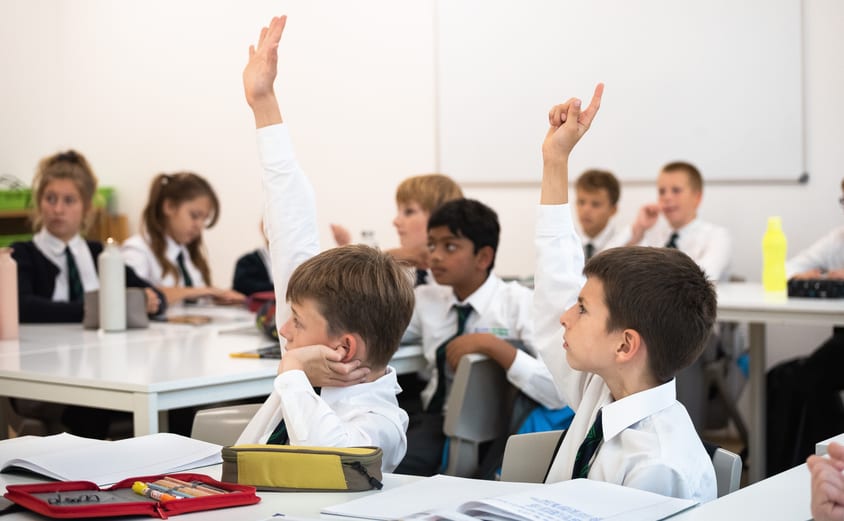
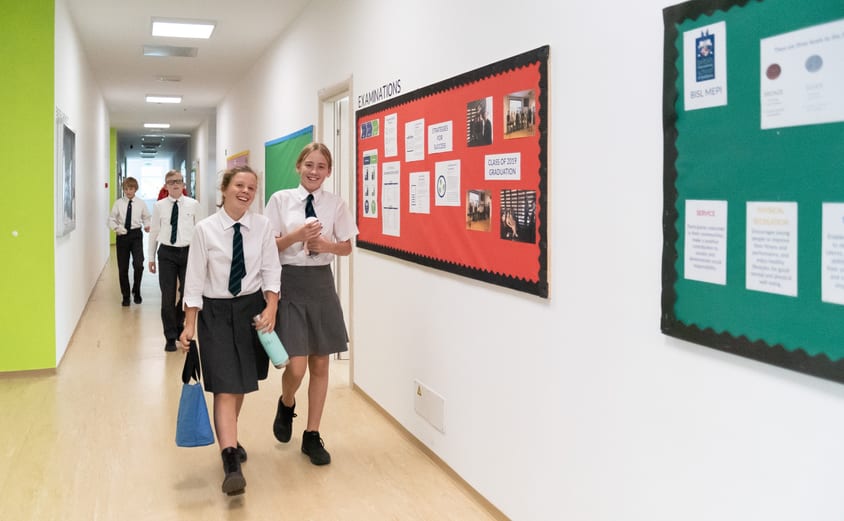
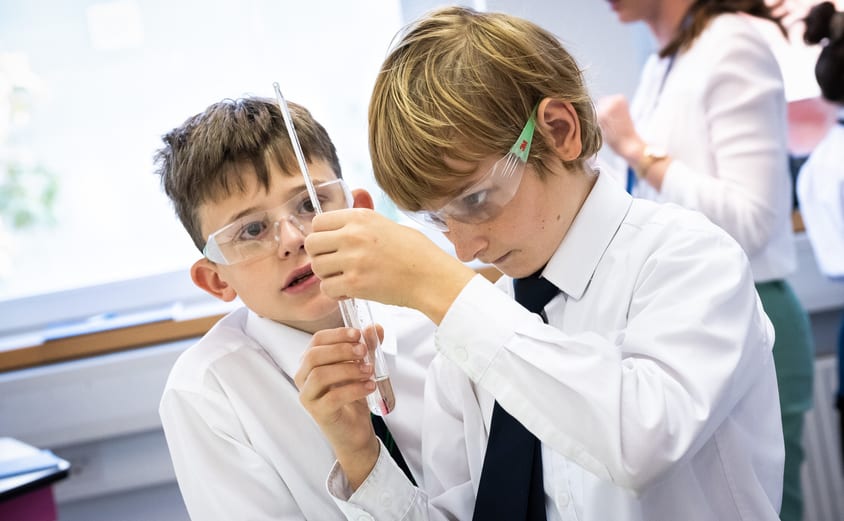

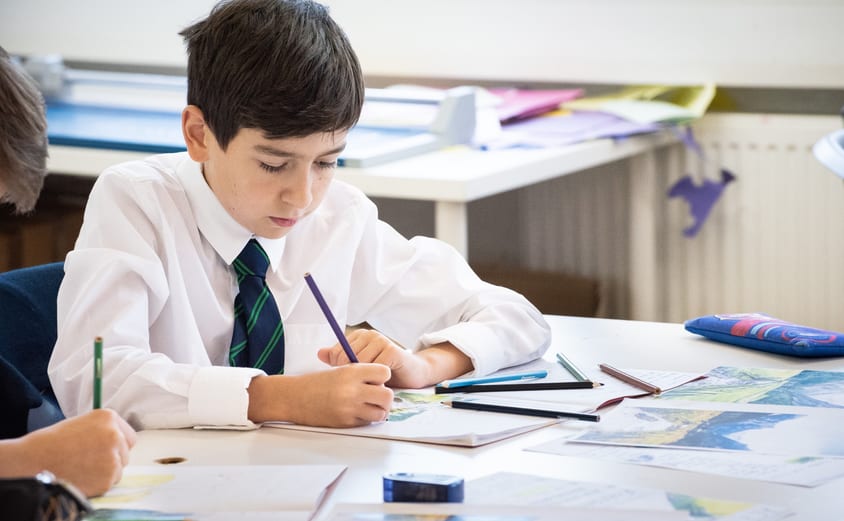
The information below gives an outline of the Key Stages in Secondary school and shows which Key Stage your child would be in at BISL.
Secondary Curriculum
Years 7 to 9
Key Stage 3 covers the transition from the more structured environment of the Primary school and prepares students for the independent study required for IGCSEs.
The content of the English National Curriculum is modified slightly to take into account our international setting. It is inquiry based with an emphasis on developing basic skills and concepts and building a firm foundation for IGCSE study.
All students follow a course involving a wide range of subjects, providing everyone with the opportunity to discover and examine their own particular interests and talents.
The subjects studied include: English, Mathematics, Science (Biology, Chemistry and Physics), Computer Science, History, Geography, Art & Design, Music, Physical Education, Slovene and French (both offered at various levels). Extra support is also given to students through our English as an Additional Language (EAL) programme where needed, to ensure they can have full access to the mainstream curriculum as quickly as possible.
Years 10 and 11
The Key Stage 4 curriculum offers breadth and balance, with courses leading to IGCSE certification from CAIE (Cambridge Assessment International Education) - the world’s leading international British qualifications provider and AQA (Assessments and Qualifications Alliance) - the UK's largest examination board. These examinations are sat by students at schools in more than 160 countries around the world.
In order to develop their higher order thinking skills, all students are encouraged to be creative and demonstrate a higher level of independence through the curriculum and co-curricular activities; these are vital skills to enable students to succeed in the 21st century.
Students usually take nine subjects, leading to IGCSE examinations at the end of Year 11. All students study a core curriculum, which includes external examination subjects in English Language & Literature, Mathematics, Biology, Chemistry and Physics. All students take part in Physical Education, but this is a non-examination subject, ensuring our students lead a fit and healthy lifestyle.
Then, students select four further examination subjects, from Computer Science, History, Geography, Enterprise, French, Music, and Art & Design. These subjects are selected by students in close consultation with parents and teachers. Students are encouraged to maintain a broad and balanced curriculum, bearing in mind their pathway after the completion of their IGCSE examinations.

